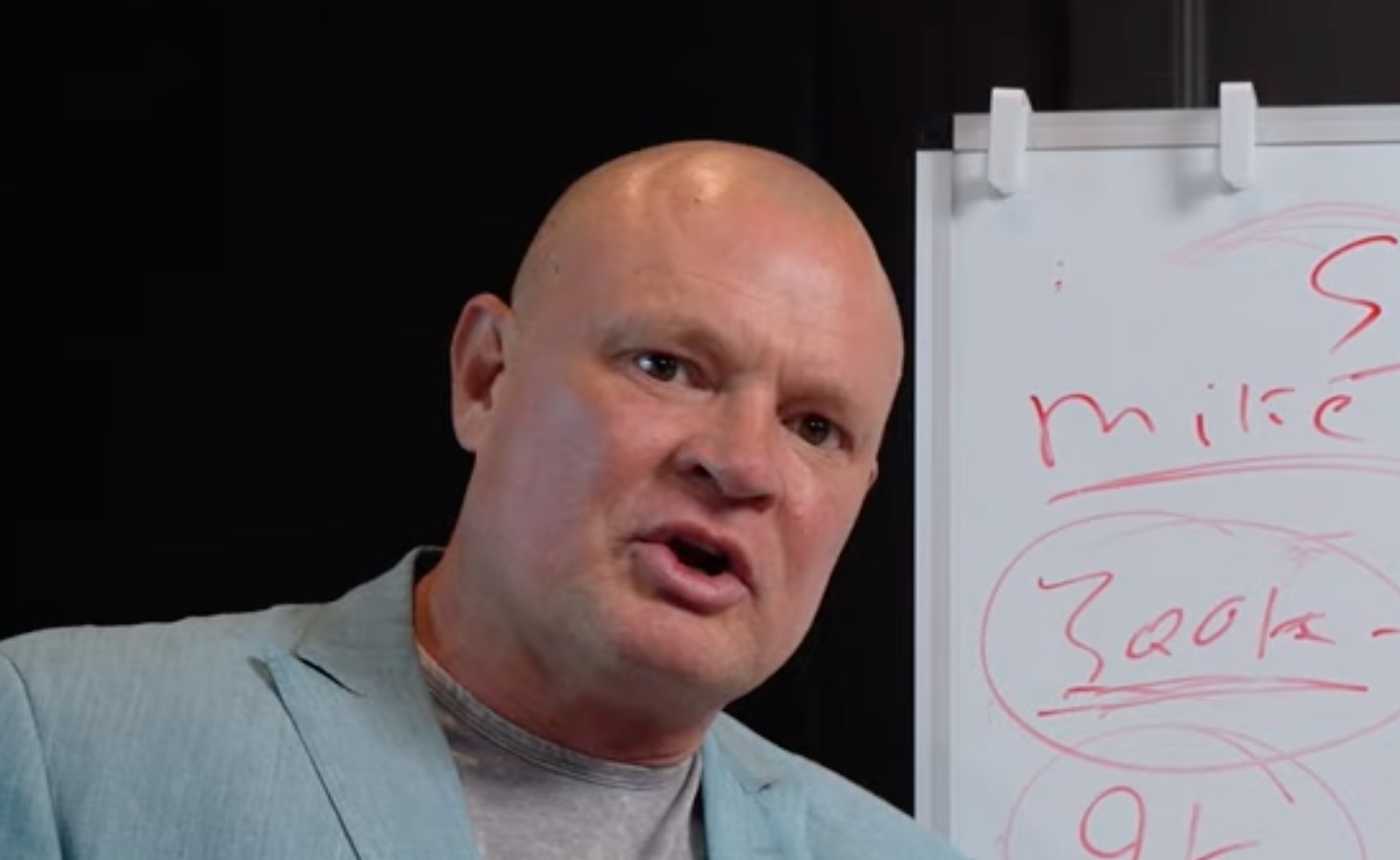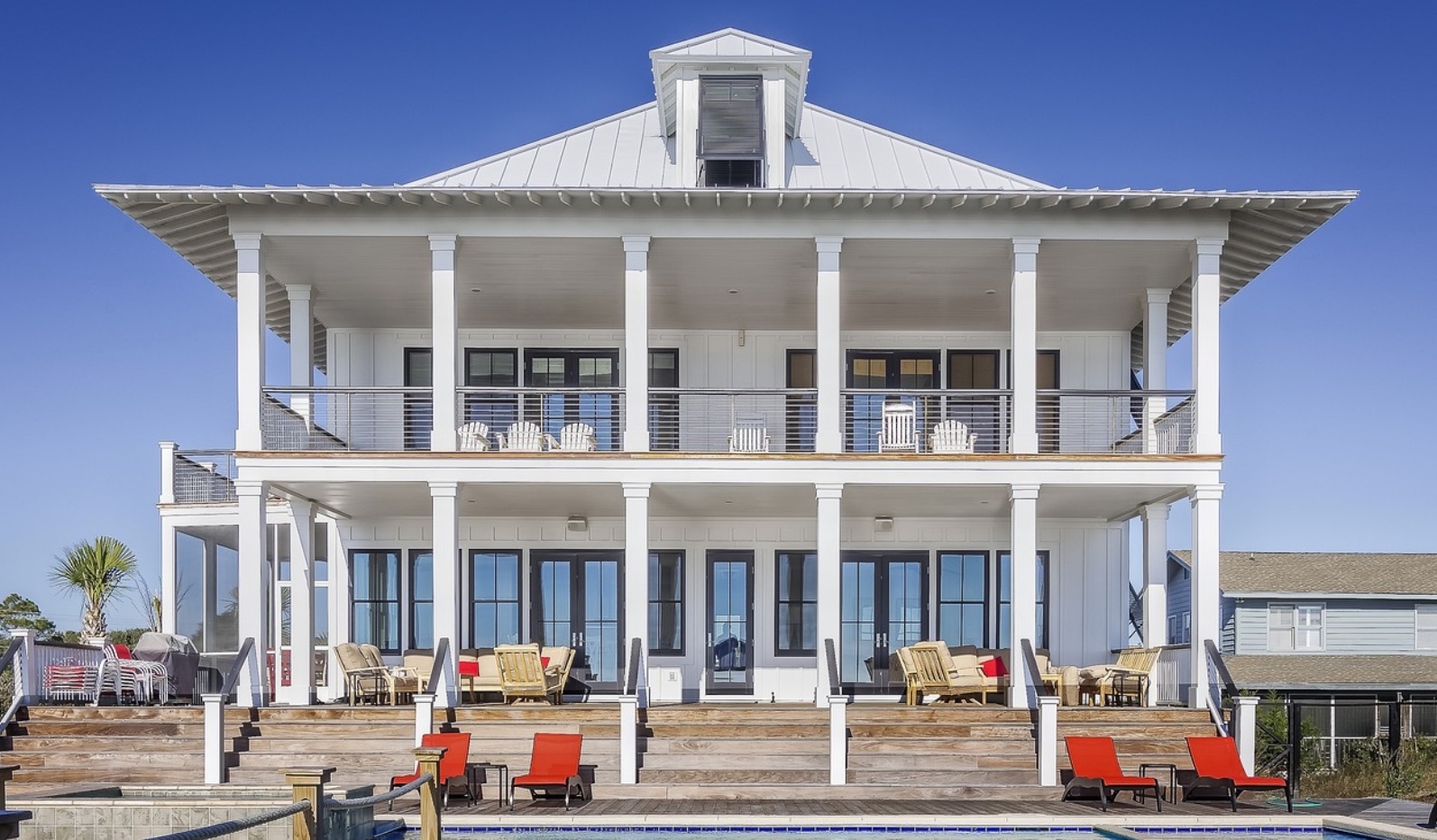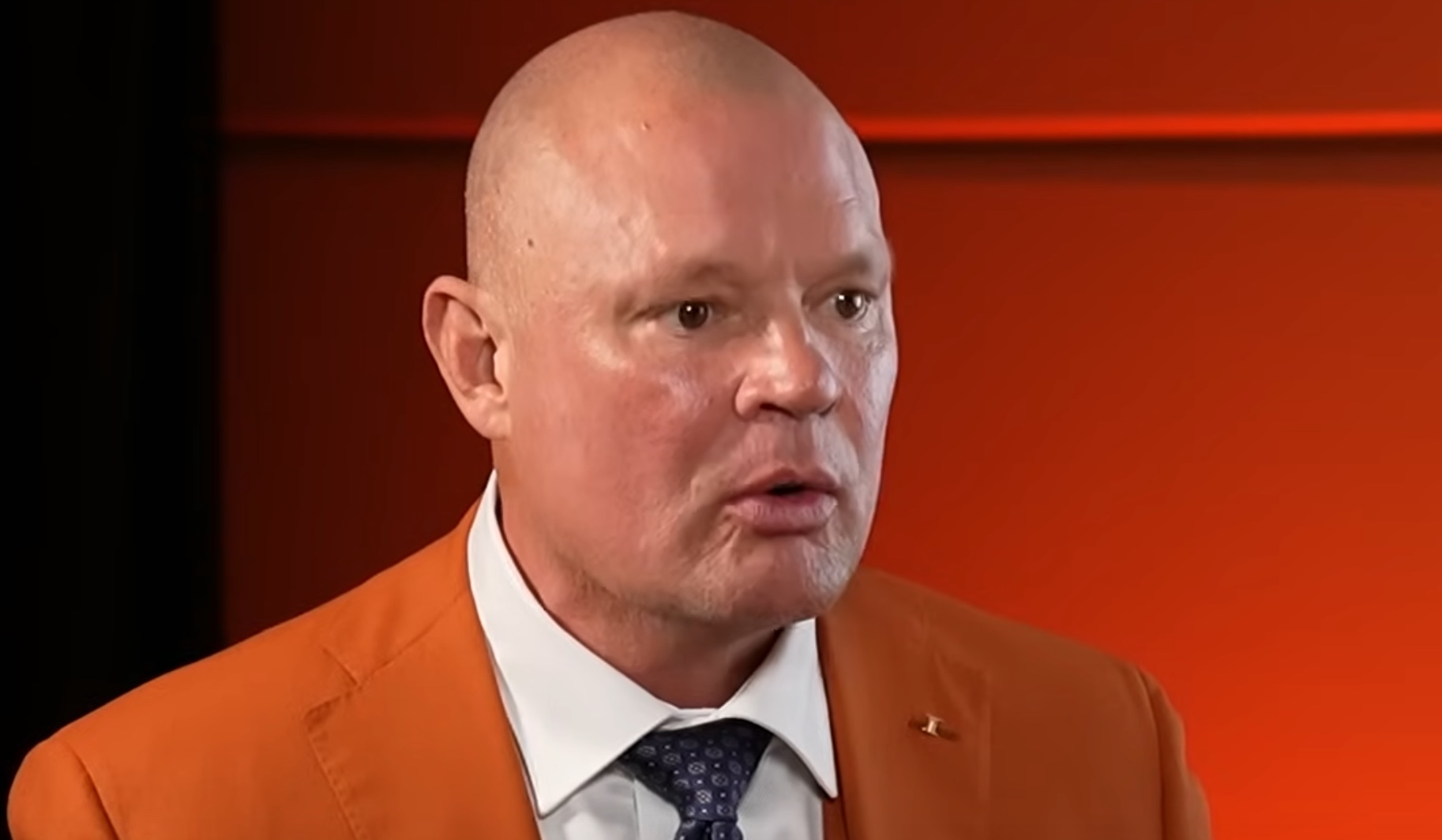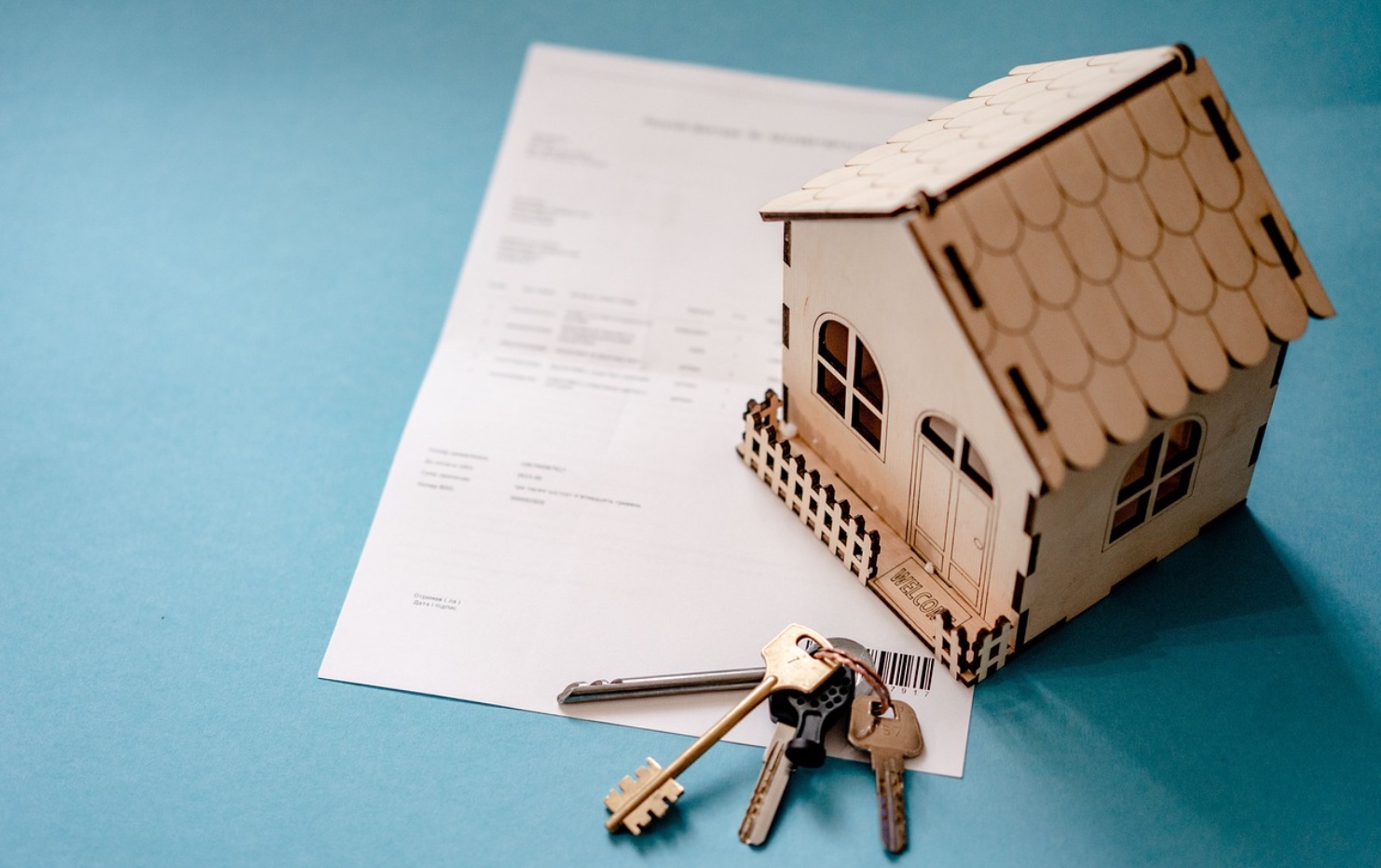Squatter crisis

NY Post
An expert has cautioned that the escalating squatter crisis, coupled with law enforcement’s hesitancy to address the issue, may result in frustrated homeowners resorting to vigilante justice as they feel they have no other recourse.
Shawn Meaike

Youtube
Shawn Meaike, a 51-year-old real estate mogul, podcaster, and serial entrepreneur, emphasized the urgent need for revisions to lenient laws that permit squatters to occupy properties they do not own or rent.
Homeowners

Youtube
Failure to address this issue promptly could compel exasperated homeowners to take matters into their own hands, stepping in where law enforcement falls short.
Concerned

Youtube
“I’m concerned, truthfully, that you push people too far,” Meaike said. “And if there is no law to protect them, what they’re going to do is not going to be a result that anybody’s happy with.”
Violent

Youtube
“I don’t want it to happen,” the real estate and insurance giant said. “But something bad is gonna’ happen. And you’re going to start [seeing] articles on violent confrontations that could end up in severe injury or somebody’s death.”
Squatters

Youtube
Despite being a longstanding issue, real estate professional Shawn Meaike has encountered squatters infrequently during his 25-year career in the industry.
Increase

Youtube
However, he has observed a noticeable increase in such incidents in recent times, particularly as high-profile cases, like the Queens man who unlawfully occupied a $1 million property in Flushing, garner public interest.
Illegal tenants

pixabay
Whenever Meaike encountered illegal tenants, he found that the most straightforward resolution was to involve law enforcement by contacting the police. “The police didn’t question anything — you weren’t a tenant, you didn’t have a lease, you were gone.”
Limited alternative

pixabay
In response to inquiries about the sudden exacerbation of the issue, Meaike suggested that some tenants resort to squatting due to limited alternatives. With soaring rental prices, escalating mortgage rates, and the increasing unattainability of property ownership for certain individuals, squatting may be viewed as a last resort for those facing housing challenges.
Frozen out

pixabay
“There’s a lot of people who are literally frozen out — are there are a lot of options for them?” he asked.
Desperate

pixabay
“People get desperate,” he continued. “I know how difficult this market is for a lot of people. Listen, when it comes down to your survival, we’ll do about anything. Especially if we’re providing for children.”
Loopholes

pixabay
However, not all individuals find themselves in such dire circumstances. There are those who may seek to exploit loopholes in lenient laws that make it particularly challenging to evict non-paying occupants, especially in the five boroughs. In these areas, a legal gap allows squatters to assert legal occupancy rights after merely 30 days on a specific property, a stark contrast to the 10-year requirement in most parts of New York State.
Necessity to survive

pixabay
“That’s the question,” Meaike said. “How many of these people are doing this out of necessity to survive, and how many of them are doing it [because], ‘You know what? This seems like something that has no consequence, so let’s get me and eight people to move into this guy’s property and take advantage of it because nobody’s going do anything about it.’
Claiming occupancy

Youtube
“They ordered Uber Eats, and now they’re claiming occupancy,” he added, In another surprising instance, two individuals claiming to be squatters presented a $25 receipt from Shake Shack as evidence supporting their right to reside in a $930,000 residence in Jamaica, Queens.
Law enforcement

Youtube
He emphasized the necessity for legal reforms and a more assertive approach from law enforcement. “We have to make sure that, like in Florida, there are laws that … when you call the police, they will come out and remove them,” he said. “They’re very aggressive.”
Safeguard

pixabay
Meaike suggested that homeowners can proactively safeguard themselves from such conflicts by securing their properties in a manner similar to protecting against potential criminal activity. This could involve reinforcing front doors, installing hurricane-resistant windows, setting up surveillance and alarm systems, and displaying a “Beware of Dog” sign, even if there are no dogs present on the premises.
Real estate

pixabay
“Put the money into it,” Meaike said. “If you’re getting into real estate, and you can’t afford these measures, then you can’t afford to get into real estate.”
Financial hardship

pixabay
Nevertheless, the issue resonates deeply with Meaike, as he expressed that if squatters had occupied one of his properties during his early career, it would have caused significant financial hardship. He is determined to prevent others from experiencing a similar situation.
Stressed

pixabay
“I remember being stressed out about collecting rent when I first started,” he said. “I didn’t have any money. And I don’t know what I would have done if … there were a couple of guys hanging out in my apartment, I went to throw them out and the police told me I couldn’t. I don’t know that I wouldn’t have taken matters into my own hands.”
Intentionally

pixabay
According to him, some squatters intentionally seek this outcome as it allows them to obtain a restraining order against the landlord, prolonging the legal battle further.
Wealth

pixabay
“Real estate has been such an amazing way for me to help other people gain wealth — and for me to change my trajectory, because I didn’t have any money growing up.”
Foreclosure

pixabay
“I hate that some people nowadays are going to experience this once, possibly go into foreclosure, go into bankruptcy, never try it again,” he continued. “And they’ll never try to get ahead because of what happened to them. That’s the American dream. But it can become a nightmare.”

